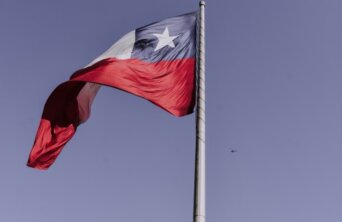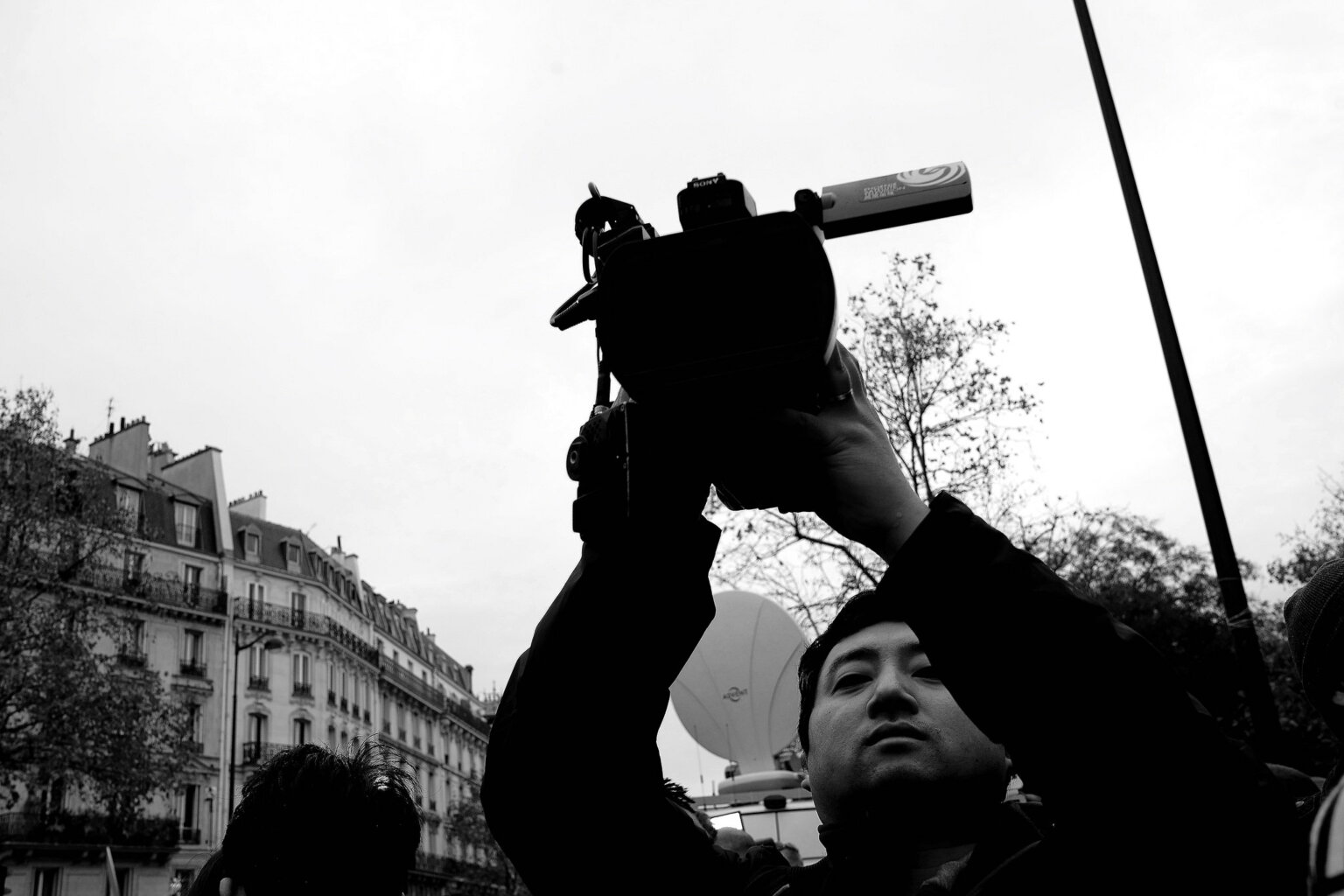- About
- Topics
- Picks
- Audio
- Story
- In-Depth
- Opinion
- News
- Donate
- Signup for our newsletterOur Editors' Best Picks.Send
Read, Debate: Engage.
| topic: | Democracy |
|---|---|
| located: | Chile |
| editor: | Ellen Nemitz |
A period of civil rights violations and abuse of authority marked Chilean history between 1973 and 1999. Fifty years ago, when the military coup saw then-president Salvador Allende killed, the long-lasting regime of his successor, General Augusto Pinochet, began.
Chile now hopes to rewrite this chapter. A 2020 referendum ruled that the constitution, which dates from Pinochet's era, fell short on a series of fundamental civil rights.
In September 2022, a new draft prepared by a gender-equal and ethnically diverse convention was rejected by the popular vote, despite the public’s desire for a fairer Constitution.
Now undergoing another rewrite, the latest version of the Magna Carta involves the influence of primarily right-wing and environmentally unfriendly ideologies.
Lately, the Chilean government has been observed to uphold democracy. This month, Current president Gabriel Boric and four former living leaders - Eduardo Frei Ruiz-Tagle, Ricardo Lagos, Michelle Bachelet and Sebastián Piñera - signed a letter to commemorate the coup, titled: "Compromiso: por la democracia, siempre" (Commitment: for democracy, always).
The publication El País quotes the five politicians. In the letter, they condemn the coup "that cost the lives, the dignity and freedom of [about 40,000 people]." The leaders have committed to defend democracy beyond political differences.
The Chilean government also announced a new national search plan (plan nacional de búsqueda) to find victims of the regime who are still missing.
In this same vein, relatives and friends of those who disappeared or were tortured and executed by the dictatorship marched in a protest to demand their loved ones be found and justice be brought to those who wronged them.
Though the march had positive sentiments, it ended in violence when rival demonstrators invaded the event and caused riots.
According to President Boric, "small groups of hooded ones in black sought to break up the demonstration [and] ended up brutally violating graves in the general cemetery."
Recent events in Chilean history show that though democracy is alive, its heartbeat is weak in the traumatised nation. The Chilean path is split in two.
Professor of history at New York University Ruth Ben-Ghiat wrote to The Atlantic that the dictatorship came to an end thanks to the "courage of Chile's citizens to get out the vote and the power of their positive messaging [that] created the momentum to remove Pinochet from power."
However, the country needs to be united on one common goal. In an interview with BBC, sociologist Hugo Rojas assessed Chile lacks even the "culture of human rights".
"I think Chilean society is disorientated; we have no clear direction," commented the Alberto Hurtado University professor. "We're knocked out [after the 2019 demonstrations and the pandemic]. We're taking a long time to get back on our feet. We're stunned."
Photo by Elias Almaguer.

